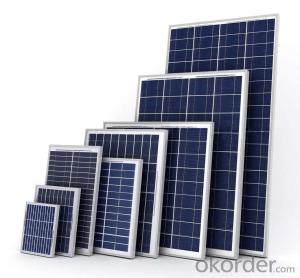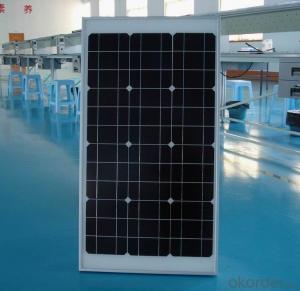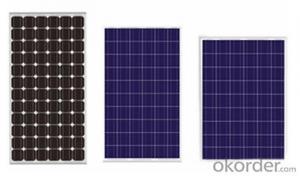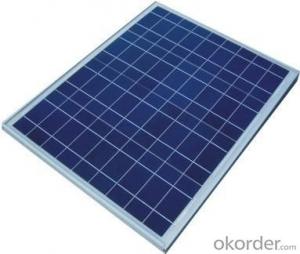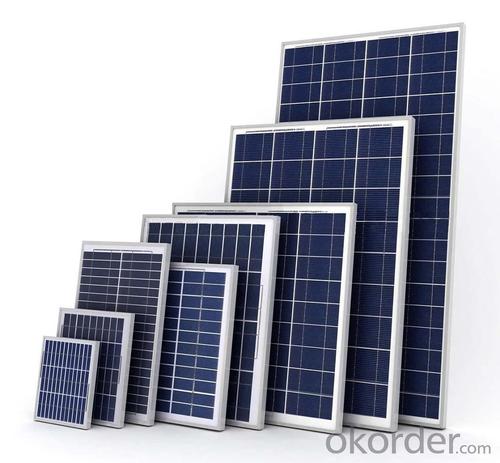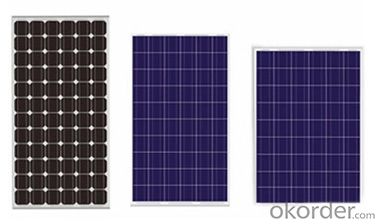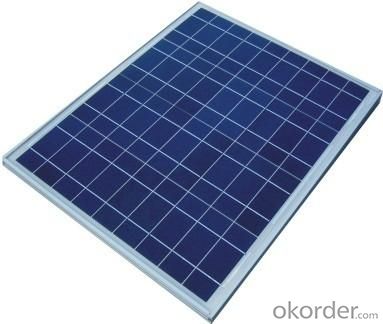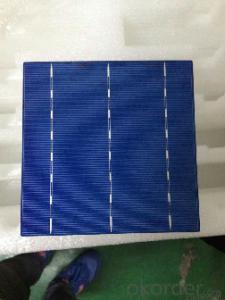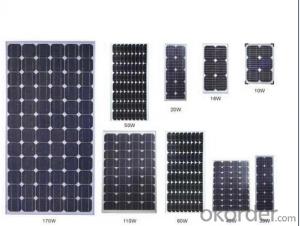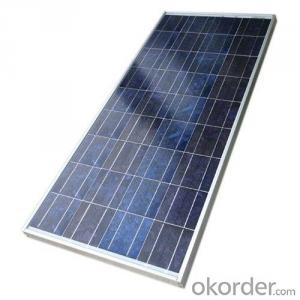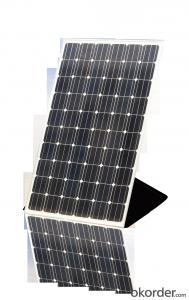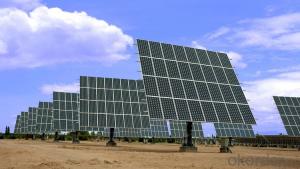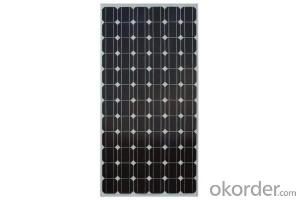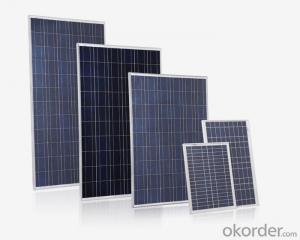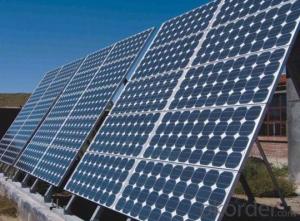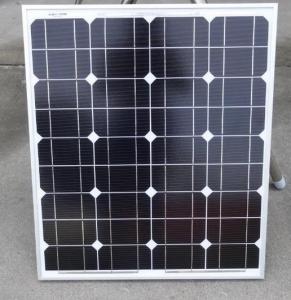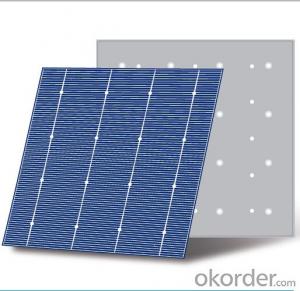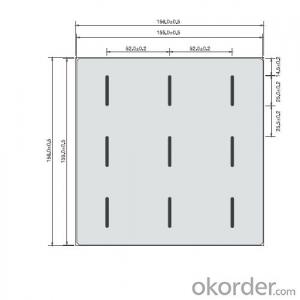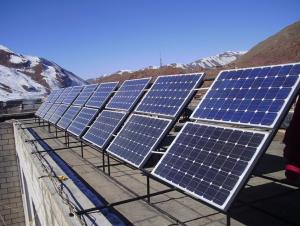Solland Solar Cells Favorites Compare Top High Efficiency Mono Perlight Solar Panel 280W
- Loading Port:
- China Main Port
- Payment Terms:
- TT OR LC
- Min Order Qty:
- -
- Supply Capability:
- 10000000000000 watt/month
OKorder Service Pledge
Quality Product, Order Online Tracking, Timely Delivery
OKorder Financial Service
Credit Rating, Credit Services, Credit Purchasing
You Might Also Like
Quick Details
| Place of Origin: | Guangdong China (Mainland) | Brand Name: | sunshine | Model Number: | sy-280p |
| Material: | Polycrystalline Silicon | Size: | 1960*980*40mm | Number of Cells: | 72PCS |
| Max. Power: | 280W | VOC: | 36V |
Packaging & Delivery
| Packaging Detail: | Crate |
| Delivery Detail: | 30 |
Specifications
1, A grade solar cell
2,Life of 20-35 years
3,Super quality competitve price
4,International Standard
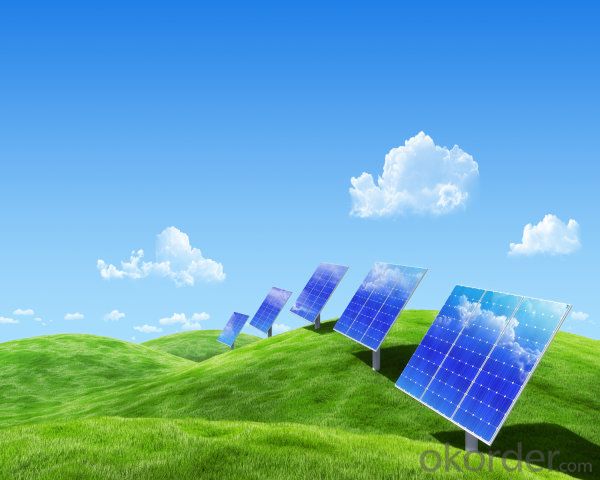
solar panels 280W poly Specification
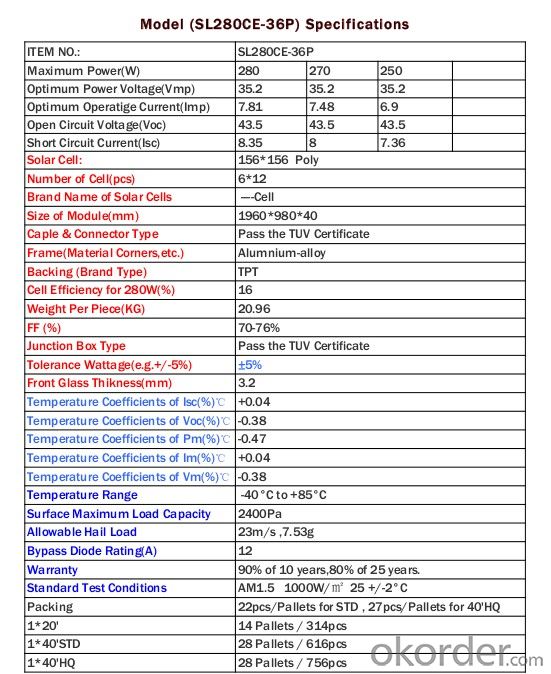
- Q: How do solar cells handle voltage fluctuations in the grid?
- Solar cells do not directly handle voltage fluctuations in the grid. However, inverters, which are connected to solar cells, play a crucial role in managing voltage fluctuations by converting the direct current (DC) generated by solar cells into alternating current (AC) that matches the grid's voltage and frequency. Inverters also have the ability to regulate voltage and synchronize with the grid, ensuring stability and safe integration of solar power into the grid.
- Q: Can solar cells be used in water desalination?
- Yes, solar cells can be used in water desalination. Solar-powered desalination systems, such as solar stills and solar-powered reverse osmosis, utilize solar energy to convert saltwater into fresh water, making it an environmentally-friendly and sustainable solution for water scarcity in coastal areas.
- Q: What information can I get from the Internet about the solar cell modules? Such as what it is? How it is made?
- The solar cell module is composed of two loop circuits located respectively on two sides of the solar cell module, and converge respectively to the junction box.
- Q: Can solar cells be used in air conditioning systems?
- Yes, solar cells can be used in air conditioning systems. Solar-powered air conditioning systems utilize solar panels to generate electricity which is then used to power the air conditioning unit. This allows for a more sustainable and environmentally friendly cooling solution.
- Q: Can solar cells be used for powering remote communication towers?
- Yes, solar cells can indeed be used to power remote communication towers. Solar cells, also known as photovoltaic cells, convert sunlight into electricity, making them an ideal and sustainable solution for remote locations where traditional power sources may be unavailable or impractical. The consistent exposure to sunlight enables solar cells to generate electricity to power communication equipment, including antennas, transmitters, and receivers, ensuring uninterrupted connectivity in remote areas. Additionally, solar cells can be paired with battery storage systems to store excess energy generated during the day, providing a reliable power supply for communication towers even during nighttime or cloudy conditions.
- Q: Can solar cells be used for heating?
- Yes, solar cells can be used for heating through a process called solar thermal heating.
- Q: Can solar cells be used to power medical devices?
- Yes, solar cells can be used to power medical devices. They can convert sunlight into electricity, providing a sustainable and renewable source of power for various medical devices such as portable medical monitors, hearing aids, insulin pumps, and even implantable devices. Solar-powered medical devices are particularly useful in remote or resource-limited areas where access to electricity is limited, ensuring continuous and reliable power supply for critical healthcare needs.
- Q: What is the working principle of a solar cell?
- It's not easy to explain in a simple way.
- Q: Can solar cells be used in off-grid water desalination?
- Yes, solar cells can be used in off-grid water desalination. Solar-powered desalination systems utilize solar energy to power the process of removing salt and impurities from water, making it suitable for consumption or agricultural use. These systems typically include solar panels to generate electricity for powering the desalination process, making them a sustainable and eco-friendly solution for off-grid water desalination.
- Q: Can solar cells be used to power remote agricultural monitoring systems?
- Yes, solar cells can be used to power remote agricultural monitoring systems. Solar cells convert sunlight into electricity, which can be stored in batteries for use during the night or when there is no sunlight. This makes solar cells a reliable and sustainable energy source for powering agricultural monitoring systems located in remote areas where access to the electric grid may be limited or unavailable.
Send your message to us
Solland Solar Cells Favorites Compare Top High Efficiency Mono Perlight Solar Panel 280W
- Loading Port:
- China Main Port
- Payment Terms:
- TT OR LC
- Min Order Qty:
- -
- Supply Capability:
- 10000000000000 watt/month
OKorder Service Pledge
Quality Product, Order Online Tracking, Timely Delivery
OKorder Financial Service
Credit Rating, Credit Services, Credit Purchasing
Similar products
Hot products
Hot Searches
Related keywords
